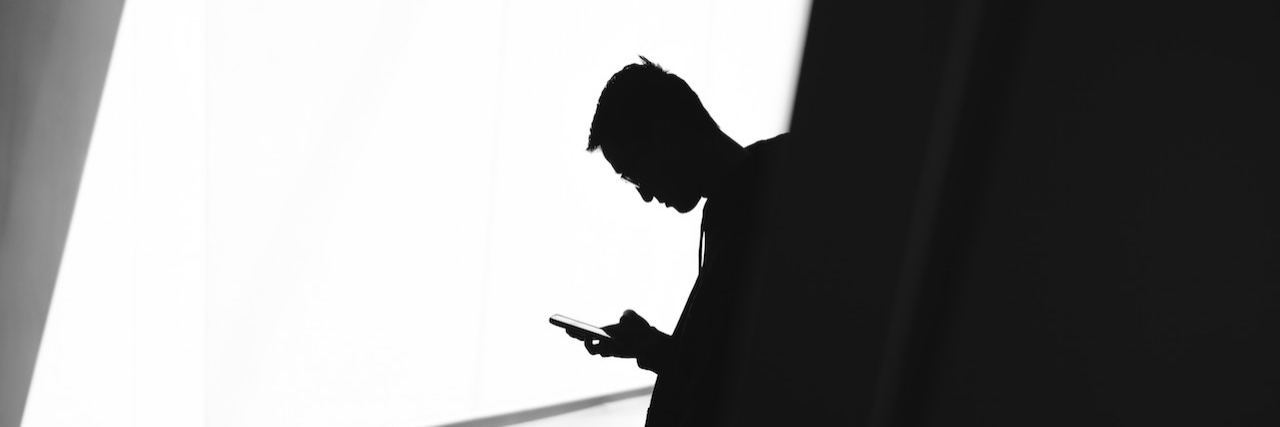Editor’s note: If you experience suicidal thoughts or have lost someone to suicide, the following post could be potentially triggering. You can contact the Crisis Text Line by texting “START” to 741-741.
Back in June, I hit the lowest point of my life. Even with college and new opportunities on the horizon, those things couldn’t overcome my depression, especially with me keeping it hidden so well. I had struggled for so long in the dark and no one ever did anything more than ask if I was OK. I always lied and said, “Oh yeah, I’m fine.” This always seemed to satisfy them, even though deep in my heart, I always wanted them to keep digging — I wanted them to prove they cared. And at this time, I was getting desperate. I was incredibly suicidal, and if no one really cared, why should I care to keep fighting this battle when no one seemed eager or willing to fight alongside me?
Like most millennials, I’ve been on social media for much of my life. My main social media outlet was Instagram (@i_am_miyagi), especially after I picked up nature and portrait photography in high school. I was somewhat decent at it, and used this as a creative outlet for my hidden depression and anxiety. But I soon realized my posts on social media could serve an alternative purpose than simply showing people my art work — I could ask for help, without directly asking for it.
I started posting photos that showed darker expressions of my humanity, especially sketches I had made in the middle of the night, by candlelight, while I was trying to express what I had just written on my suicide note in picture form. I posted those and other pictures on my Instagram account with captions that, to most people, should’ve at least raised some eyebrows. Captions like:
Experience in miserable
Temporary problem, permanent solution
A lot of you cared, just not enough
I long for the day I get to say goodbye.
There were a lot of captions like this, one was even a whole poem about a suicide after feeling abandoned. I thought to myself, “Did people really not see what was going on? Was I that alone that they couldn’t see my cries for help?”
But on the other hand, I can remember people asking me about them — though not nearly as much as I would’ve liked — and it never once led to anyone doing anything about it. Even people who asked never seemed like they really cared — I now know that this isn’t true. I cried out for help, and people cared, but the two didn’t connect because of me. I refused to ever answer the “Are you OK?” question honestly. I was partly brave for being so bold as to post my struggles so clearly online, but I was also a coward for hiding behind them and blaming people for my own insecurity not to ask for help directly.
My social media remains one of the most prominent ways I express both the ups and downs of my mental health. However, I have come to learn that I cannot use it as an excuse to fuel the lie that people do not care about me. People do care, that is never not true. It’s simply a matter of whether or not I will allow them to help.
If you or someone you know needs help, visit our suicide prevention resources page.
If you need support right now, call the National Suicide Prevention Lifeline at 1-800-273-8255 or text “START” to 741-741.
We want to hear your story. Become a Mighty contributor here.
Unsplash photo via Warren Wong

